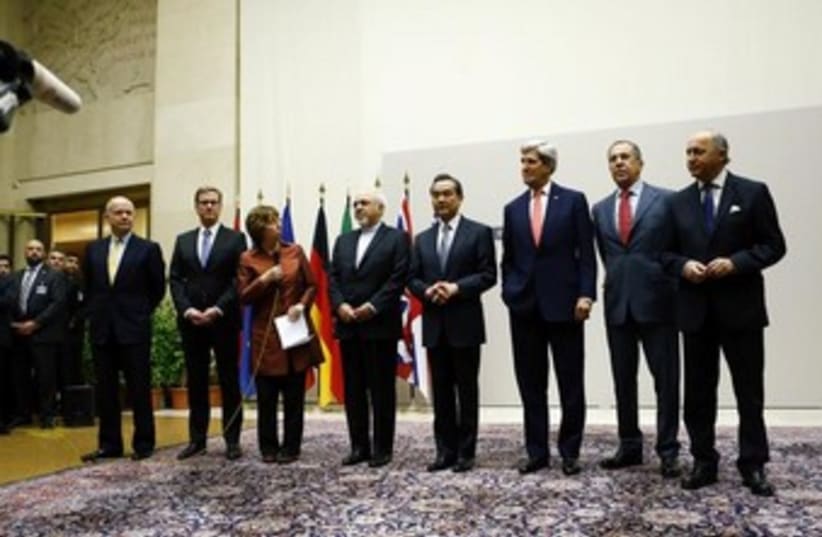Iran deal is riskier than meets the eye
Nuclear accord struck in Geneva takes high, unnecessary risks; rests on shaky foundations that could possibly lead to collapse of sanctions regime; Iran can be expected to spend next 6 month trying to divide int'l powers.
